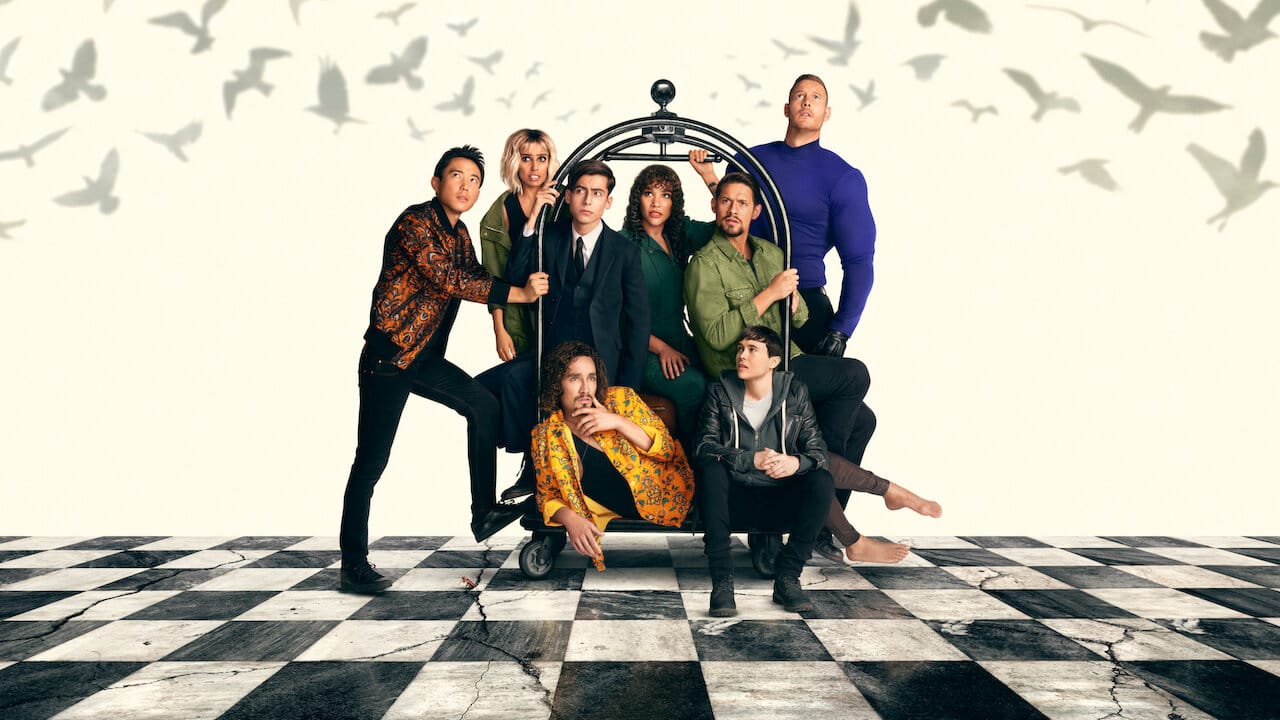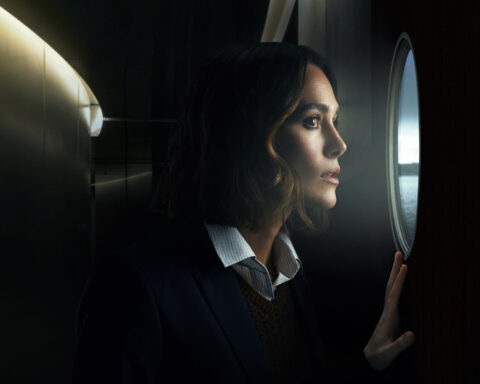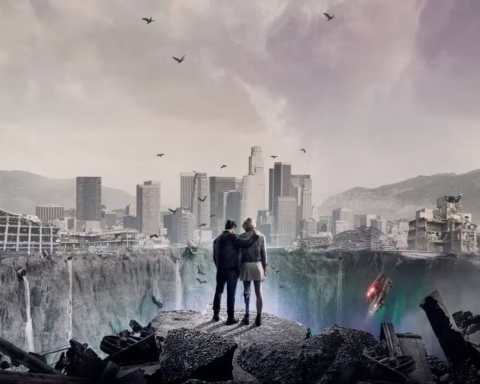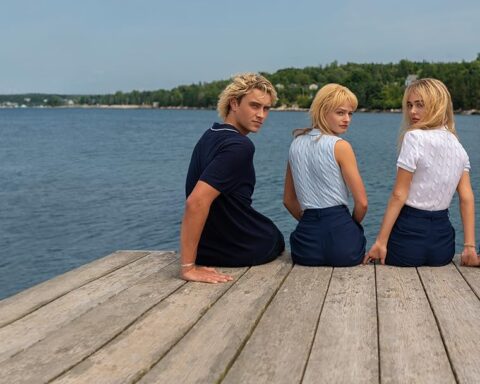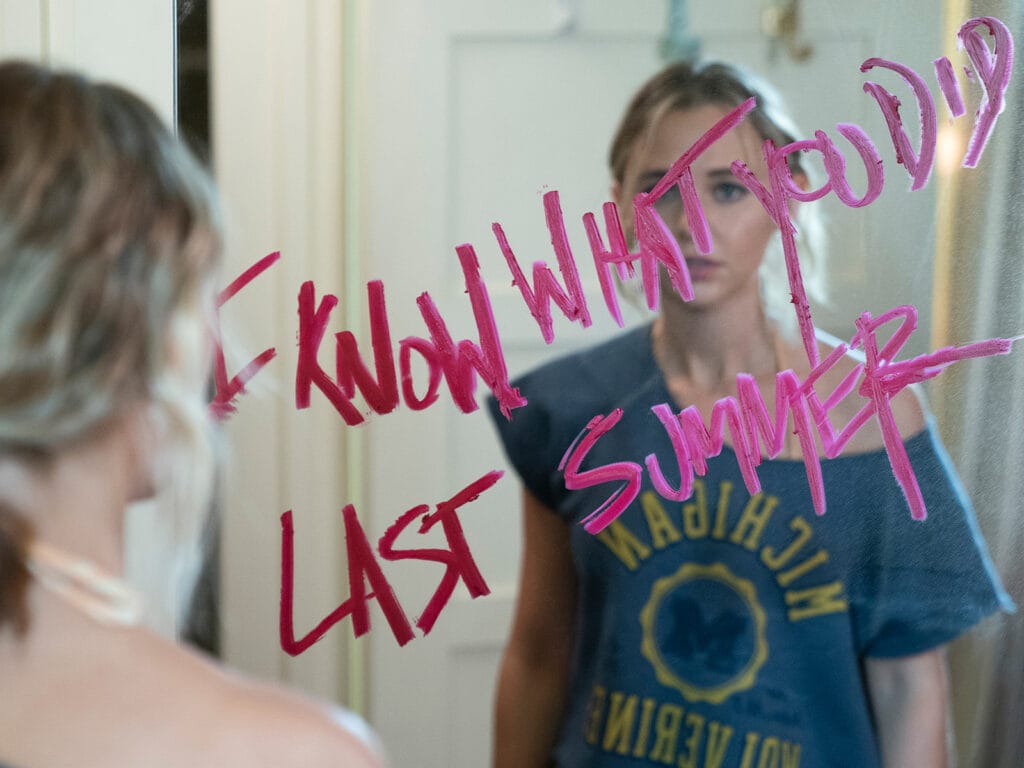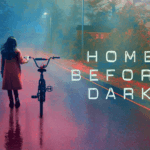“The Umbrella Academy” is a captivating Netflix series that has garnered widespread acclaim since its debut. Based on the comic book series penned by Gerard Way and illustrated by Gabriel Bá, the show stands out due to its unique fusion of dark comedy, science fiction, and superhero elements. The narrative focuses on seven adopted siblings, each endowed with extraordinary abilities, who reunite to unravel the enigmatic circumstances surrounding their father’s death.
At its core, “The Umbrella Academy” revolves around the complexities of a dysfunctional family. These siblings, once members of a vigilante group trained by their deceased father, Sir Reginald Hargreeves, must set aside their differences and past grievances to face new threats. Their father’s mysterious death serves as the catalyst for their reunion, pushing them into a whirlwind of challenges that test their resilience and familial bonds.
Each character is uniquely crafted, adding depth to the series. From Luther’s superhuman strength to Vanya’s reality-bending abilities, the show intricately weaves their powers into the overarching plot. Coupled with its dark humor and emotional undertones, “The Umbrella Academy” offers a refreshing perspective in the realm of superhero narratives. Furthermore, the impeccable performances by the ensemble cast bring these complex characters to life, enhancing the viewer’s connection to their journeys.
Besides its compelling character arcs, the tv show delves into broader themes like identity, trauma, and redemption. By interspersing moments of levity with profound reflections on the human condition, “The Umbrella Academy” not only entertains but also resonates on a deeper level with its audience. This blend of elements creates a rich tapestry that invites viewers to engage with the story, making it a standout in Netflix’s catalog of original programming.

Season 1: Unraveling the Mystery
Season 1 of The Umbrella Academy introduces viewers to the complex and dysfunctional lives of the Hargreeves siblings. Reunited by the death of their adoptive father, Sir Reginald Hargreeves, the siblings are thrust back into the world they had once left behind. Each sibling grapples with their own set of emotional and psychological struggles, adding layers of depth to the narrative of this Netflix show.
The mystery surrounding Sir Reginald’s death serves as a catalyst for the characters to confront their past. The investigation brings to light various family secrets, revealing the strained relationships among the siblings and their different perceptions of their father. Klaus’ struggle with addiction, Allison’s broken marriage, and Diego’s quest for justice are just a few examples of the individual battles that shape their journey throughout the season.
One of the pivotal elements of Season 1 is Vanya Hargreeves’ transformation into the White Violin. Initially portrayed as the powerless sibling, Vanya’s journey of self-discovery uncovers her latent, destructive abilities. Her transformation not only highlights her personal evolution but also serves as a critical plot device that links to the impending apocalypse that the siblings must prevent.
The storyline is further enriched by the time-travel subplot involving Number Five, who returns from the future to warn his family of the impending apocalyptic disaster. His experience of living alone in a post-apocalyptic world brings urgency to the mission of the siblings. Together, they must navigate the challenges of preventing the world’s end while dealing with their own internal conflicts.
The season culminates in a dramatic cliffhanger that seamlessly sets the stage for Season 2. With Vanya’s powers spiraling out of control and the apocalypse imminent, the fate of the world hangs in the balance. This gripping conclusion leaves viewers eager to continue their journey with the Hargreeves in subsequent seasons of this compelling TV show.

Seasons 2 and 3: Time Travel and Alternate Realities
As the story of Netflix’s The Umbrella Academy progresses, Seasons 2 and 3 delve deeper into the complex realm of time travel and alternate realities, significantly altering the trajectory of the show. Season 2 transports the Hargreeves siblings to 1960s Dallas, each arriving at different times and adapting to their new environment with varying degrees of success. This temporal disjunction forces the characters to navigate historical events that have profound impacts on their lives, such as the Civil Rights Movement and the looming assassination of President John F. Kennedy.
The siblings’ primary goal in Season 2 is to reunite and prevent an impending apocalypse, a challenge compounded by the historical setting. Vanya’s entanglement with a local family, Allison’s involvement in the fight for racial equality, and Klaus’s founding of a cult are just a few of the many obstacles they face. The time travel elements amplify the narrative stakes, emphasizing the difficulties of altering past events without causing unintended consequences. Season 2’s intricate portrayal of the 1960s coupled with the Hargreeves’ struggle to return to their original timeline keeps viewers captivated.
Transitioning to Season 3, the concept of alternate realities is introduced, presenting a new layer of complexity to the Netflix tv show. Upon their return to the present day, the siblings discover the existence of the Sparrow Academy, an alternate version of their team. This divergence creates an immediate tension, highlighting the unpredictable nature of their universe and the recurring theme of parallel lives. The members of the Sparrow Academy are formidable adversaries, their presence intensifying the show’s dynamics.
Season 3 further explores the siblings’ evolving relationships and the delicate balance between their powers and personal lives. The introduction of alternate realities not only serves as a narrative device but also provides deeper insights into the characters’ growth and adaptability. As they confront these new challenges, their personal struggles and bonds are tested, adding a rich layer of emotional depth to the storyline. The exploration of time travel and alternate realities in Seasons 2 and 3 underscores the ever-present tension between destiny and free will, propelling The Umbrella Academy into increasingly intricate and engaging territories.
Season 4 of Netflix’s “Umbrella Academy” delivers an intricate culmination of the characters’ arcs, weaving together various plot threads into a satisfying narrative tapestry. The Hargreeves siblings, whose individual journeys have been marked by personal and collective struggles, finally confront their ultimate challenges. Vanya’s acceptance of both her powers and her identity, Diego’s quest for purpose beyond vigilantism, and Luther’s grappling with his inner vulnerabilities find poignant resolutions. The season sees these characters grow, intertwining their personal growth with the overarching plot developments.
The final season doesn’t shy away from addressing the complexities of time travel and its consequences, a recurring theme throughout the series. The various alternate timelines and universes converge, setting the stage for a climactic showdown that redefines the fate of the Umbrella Academy and its members. The show’s creators have skillfully balanced the fantastical elements with grounded emotional arcs, ensuring each character’s journey feels earned and impactful.
Although many questions are answered, Season 4 leaves viewers with tantalizing possibilities for the future. The narrative suggests potential paths for new adventures, particularly through ambiguous plot points and subtle hints. Fan theories are rife with speculation, ranging from new emerging threats to deeper explorations of the characters’ relationships and powers. This speculative fervor underlines the show’s success in building a passionate and engaged fanbase.
“The Umbrella Academy” has undeniably left a significant mark on the superhero TV show genre. Its unique blend of dysfunctional family drama, dark humor, and innovative storytelling has resonated deeply with audiences. Beyond the intricate plot and character development, the show’s aesthetic, featuring a distinctive visual style and memorable soundtrack, contributes to its lasting legacy.
As “The Umbrella Academy” wraps up its fourth season, its impact on television and pop culture remains profound. It stands as a testament to the possibilities of serialized storytelling, setting a high bar for future superhero narratives on Netflix and beyond.
